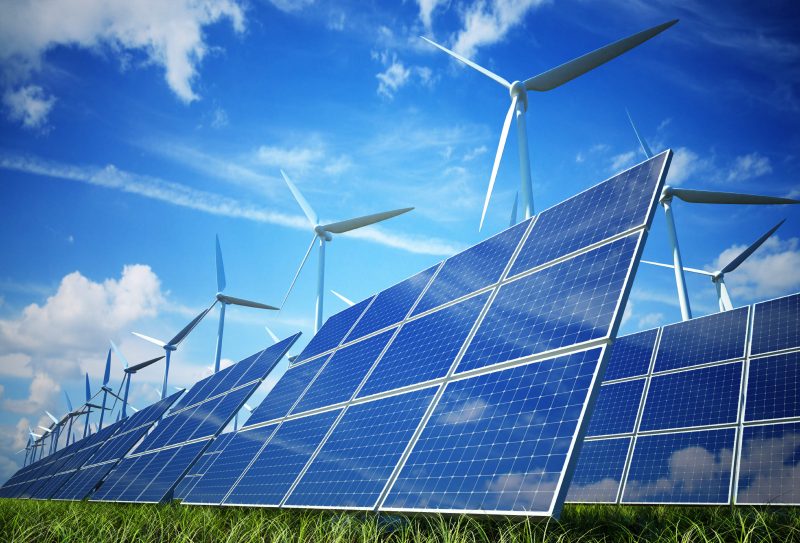- Support research in nuclear power generation. Energy is the life blood of an economy. The challenge is to generate and distribute energy in a cost effective, clean and sustainable way. Mustaqbil’s energy policy has two themes: Conservation and Generation.
Mustaqbil’s energy policy has two themes: Conservation and Generation. Conservation
Conservation is critical because it can yield some immediate short term benefits. These are the conservation measures that a Mustaqbil led government will take:
- Ban the use of air conditioning in all government and semi government offices (central and provincial), regardless of whether these offices are equipped with air conditioners or not. This is a luxury Pakistan cannot afford at present. The ban will result in immediately freeing up generating capacity and allow a reduction in load shedding. And, in any case, it is unconscionable that those who are supposed to serve the public sit in closed, cooled offices while the vast majority of our public may not even have access to basic services
- Consult with architects and their associations to develop guidelines and building codes that enhance the role of natural ventilation, and encourage the use of insulating materials. The object is to obviate the need for artificial cooling.
- Consult with industry associations and energy consultants to optimize energy usage in factories. Combine this with tax breaks and other incentives to those who demonstrate energy savings.
GENERATION
Mustaqbil’s approach in setting generating policy will seek to minimize the environmental impact of power generation. Our objective will hence be to promote renewable sources of energy wherever possible. However, existing technology will not permit us to rely entirely on renewable sources. So, it is inevitable that we will have to continue to rely on conventional methods.
RENEWABLE
Renewable include: wind, solar, tidal, and geothermal sources of energy. Some people would include hydro power in this category but we will treat this as a special case.
WIND
Wind turbines now in use are efficient and cost effective and are widely used in the developed world. In Spain, for example, on a good (i.e. windy) day, wind power contributes more than 10% of all power supplied to the Spanish grid.
The problem here in Pakistan is that we have failed to encourage or develop the technology and subsequent ability to indigenously design and manufacture wind turbines. This means that any scheme to generate power from wind in Pakistan would have to rely on imported turbines.
This is unacceptable to Mustaqbil. We will insist that all wind turbines used in Pakistan are manufactured here. This could be done through technology transfer or through indigenous R&D. We are inclined towards the latter option since the technologies involved are basic and well understood.
Solar
Pakistan, as a tropical country, enjoys plentiful sunshine all year round. This blessing must be exploited. Mustaqbil’s solar strategy has two prongs to it:
- Direct conversion to electricity by the use of photo voltaic solar cells.
- Heat capture through absorptive materials, or at the focus of concave reflecting surfaces.
DIRECT CONVERSION first: The cost and efficiency of conventional silicon based photo voltaic cells makes this method expensive and largely impractical for large scale use in a country like Pakistan.
However, Mustaqbil plans to fund basic research at our universities with the objective of developing new photo electric materials which are efficient and can be produced at a low cost.
HEAT CAPTURE, on the other hand, is something that can yield immediate results. Applications can include water heaters and stoves in remote rural areas. Mustaqbil will seek a partnership between government, industry and academia to make functional solar devices available to the rural population.




